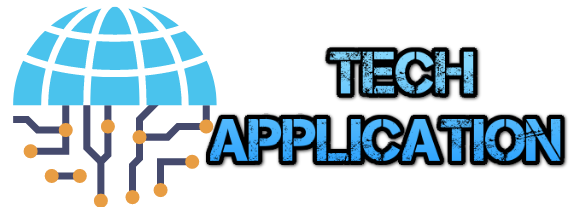What are the top 10 ethical issues arising from AI implementation?
1. Privacy and surveillance: AI systems can collect and analyze vast amounts of personal data, raising concerns about the invasion of privacy and potential abuse of personal information.
2. Bias and discrimination: AI algorithms can perpetuate biases present in data, leading to unfair outcomes and discrimination against certain individuals or groups.
3. Unemployment and economic inequality: Automation driven by AI can lead to job displacement and widening economic disparities, as certain roles become obsolete.
4. Transparency and explainability: Lack of transparency in AI decision-making processes can make it difficult to understand and challenge the outcomes, leading to accountability issues.
5. Autonomy and responsibility: As AI systems become more autonomous, questions arise about who should be accountable for any harm caused by their actions.
6. Security and cyber threats: AI systems can be vulnerable to hacking or misuse, resulting in potential cyber threats and breaches of security.
7. Algorithmic accountability and regulation: The lack of regulation and accountability mechanisms for AI algorithms presents challenges in identifying and addressing harmful consequences.
8. Manipulation and propaganda: AI-generated fake content and social media manipulation can be used for spreading disinformation and propaganda, leading to societal instability.
9. Human rights and social impacts: AI applications may have unintended consequences that affect human rights, such as freedom of expression, access to information, and autonomy.
10. Ethical decision-making: AI systems might come across scenarios where they have to make ethical decisions. Defining and implementing ethical frameworks for AI becomes crucial to ensure morally responsible behavior.














